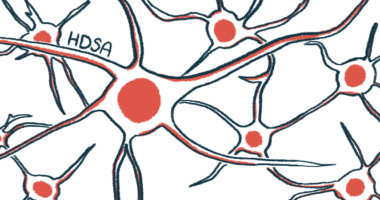Cloud Pharmaceuticals and THERAMetrics Partner to Develop Treatments for Orphan CNS Diseases

Cloud-based drug design and development company, Cloud Pharmaceuticals, Inc., recently announced it has signed with THERAMetrics holding AG to collaborate on breakthrough treatments for orphan central nervous system (CNS) diseases and other indications.
This strategic collaboration has as its primary points of interest Huntington’s disease, amyotrophic lateral sclerosis (ALS), progressive supranuclear palsy (PSP), and frontotemporal dementia (FTD). During pursuit of research and development in these areas, the two companies will be conducting sponsored initiatives for several respiratory indications simultaneously.
THERAMetrics will be lending its novel DRR 2.0 technology to the partnership, which will allow an easier identification of new protein treatment targets. Cloud Pharmaceuticals will employ its proprietary Quantum Molecular Design process to formulate small molecular compounds and peptides that can specifically target and inhibit the proteins THERAMetrics helped identify. Cloud Pharmaceuticals will be heading the initial phases of the drug development process, while THERAMetrics oversees clinical research through its contract research organization business unit.
“THERAMetrics has extensive research and development experience with orphan diseases,” says Raffaele Petrone, CEO and Chairman of the Board of THERAMetrics. “Using the DRR 2.0 technology we have identified individual targets that are suitable for multiple orphan CNS indications, potentially enabling an adaptive trial approach to development. By partnering with Cloud Pharmaceuticals, we believe we’ll be able to provide novel and highly specific drug candidates for certain diseases.”
Ed Addison, CEO of Cloud Pharmaceuticals adds, “The cost to develop medicines for orphan diseases by traditional methods is too costly – that’s why there’s a lack of effective therapies for many conditions. Our approach is particularly suited to the development of therapeutics for orphan diseases because we design drug candidates that are better suited for development from the outset. Pre-clinical development steps can then be applied to a much more qualified list of candidates, enabling faster progress at lower cost and a higher success rate, even with elusive targets.”






